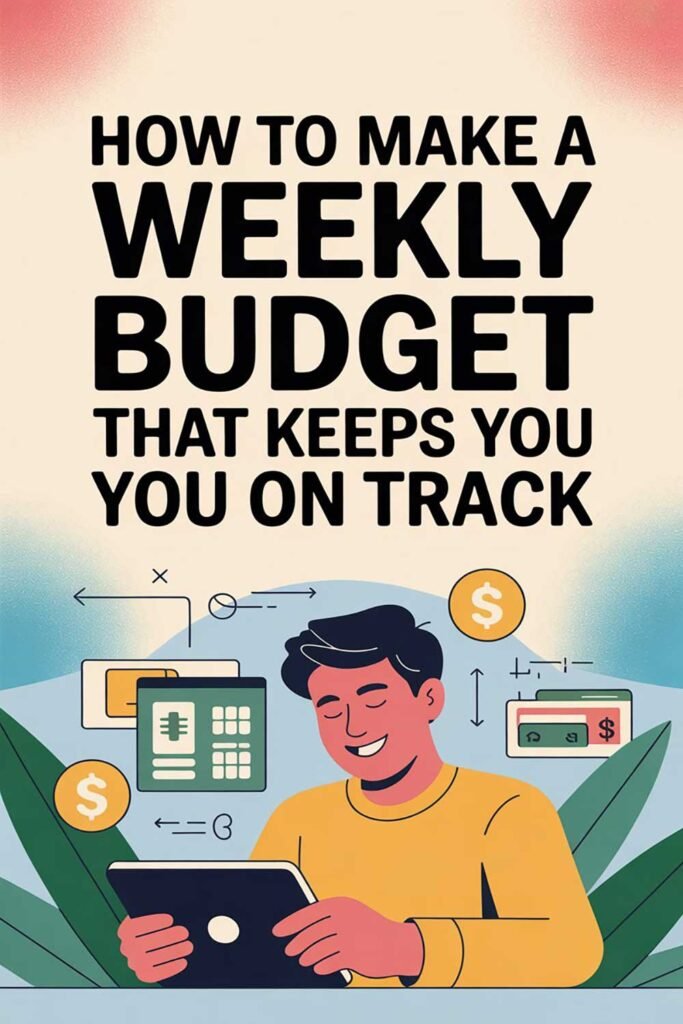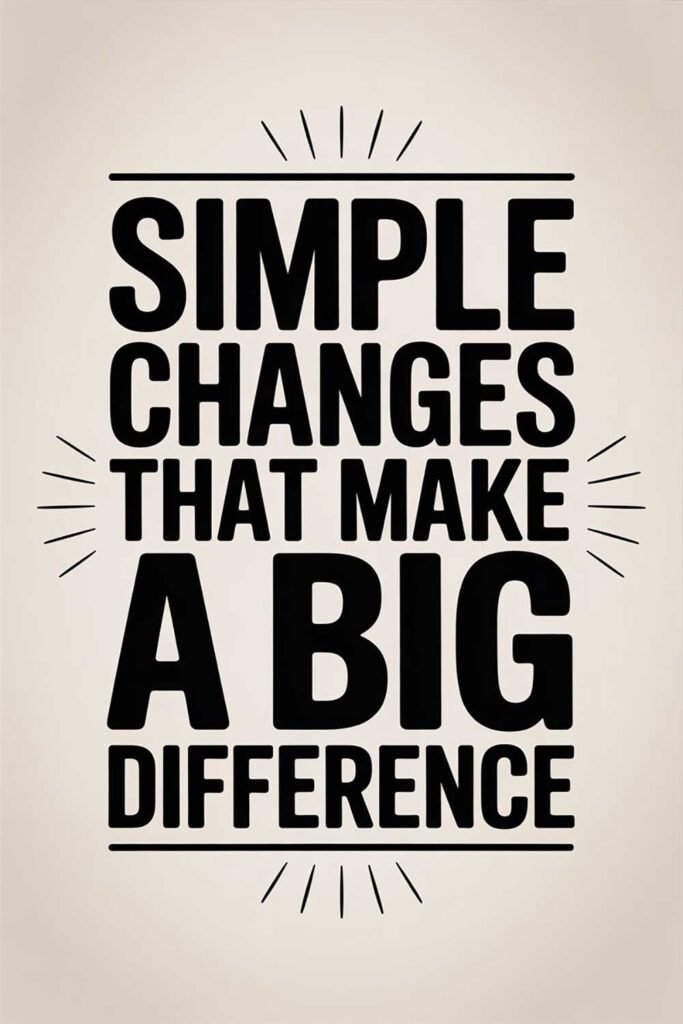9 Essential Steps to Achieve Financial Freedom
Financial freedom isn’t just about being rich—it’s about having control over your money and your life. It means living without the constant stress of debt, having the ability to make choices that align with your values, and building a future you can be excited about. Whether you’re starting from scratch or rebuilding, these nine steps will guide you toward lasting financial independence. With real-life examples, proven strategies, and practical tips, you can take action today and start shaping the life you deserve.

1. Define What Financial Freedom Means to You
Everyone’s version of freedom looks different. Is it early retirement? Traveling the world? Paying off debt?
Real-life example: Carla realized financial freedom meant staying home with her kids while building a freelance business. Knowing her goal helped her prioritize savings and time.
Action Step: Write down your ideal lifestyle and what financial freedom would allow you to do.
2. Track Every Dollar You Spend
You can’t fix what you don’t see. Knowing where your money goes is the foundation of financial clarity.
Real-life example: Tony used a budgeting app to uncover that he was spending $350 a month on takeout. That awareness helped him cut back and redirect money to savings.
Tip: Use tools like Mint, YNAB (You Need A Budget), or a simple spreadsheet.
3. Create and Stick to a Budget
A budget isn’t about restriction—it’s about direction. It helps you control your money instead of wondering where it went.
Real-life example: Maria followed the 50/30/20 rule: 50% needs, 30% wants, 20% savings. She paid off her credit card in 6 months.
Try This: Build a budget that fits your lifestyle but keeps your goals in sight.
4. Eliminate Bad Debt
Credit card debt and high-interest loans are like financial quicksand. Pay them off as fast as you can.
Real-life example: Jason used the debt snowball method—paying off his smallest debt first—and stayed motivated until he became debt-free.
Bonus Tip: Refinance if you qualify for lower interest or consolidate for clarity.
5. Build an Emergency Fund
Life happens. Having 3-6 months of expenses saved gives you freedom from panic and peace of mind.
Real-life example: When Brianna lost her job, her emergency fund helped her stay afloat for 4 months without taking on debt.
Action Step: Start with $1,000, then build from there.
6. Increase Your Income Strategically
Cutting costs is great, but earning more accelerates your journey.
Real-life example: Mark started a weekend photography side hustle. Within a year, it was making more than his 9-to-5.
Ideas: Freelancing, selling products online, tutoring, investing in skills that raise your value.
7. Invest for Long-Term Growth
Saving isn’t enough. Investing is how your money grows.
Real-life example: Olivia automated monthly contributions into a Roth IRA and a low-cost S&P 500 index fund. After 5 years, she had a solid nest egg.
Start Simple: Use apps like Fidelity, Vanguard, or Betterment. Begin with what you can.
8. Live Below Your Means
Avoid lifestyle creep. As your income grows, keep your expenses steady.
Real-life example: Even after getting a raise, Jake continued driving his used car and living in a modest apartment. He invested the difference and grew his net worth.
Mindset Shift: Freedom > flex. Wealth is what you keep, not what you show.
9. Review, Adjust, and Stay the Course
Financial freedom is a journey, not a one-time goal. Check in monthly or quarterly and adjust as needed.
Real-life example: Tasha reviews her finances every Sunday. It helps her stay grounded, motivated, and aware of progress.
Pro Tip: Celebrate small wins to stay motivated. Every step forward matters.
🌟 20 Motivational Quotes About Financial Freedom
“Financial freedom is available to those who learn about it and work for it.” — Robert Kiyosaki
“The goal isn’t more money. The goal is living life on your terms.” — Chris Brogan
“Do not save what is left after spending, but spend what is left after saving.” — Warren Buffett
“Being rich is having money; being wealthy is having time.” — Margaret Bonnano
“Money is a terrible master but an excellent servant.” — P.T. Barnum
“You must gain control over your money or the lack of it will forever control you.” — Dave Ramsey
“A budget is telling your money where to go instead of wondering where it went.” — John C. Maxwell
“Wealth is the ability to fully experience life.” — Henry David Thoreau
“It’s not your salary that makes you rich; it’s your spending habits.” — Charles A. Jaffe
“Discipline is the bridge between goals and accomplishment.” — Jim Rohn
“Formal education will make you a living; self-education will make you a fortune.” — Jim Rohn
“You don’t have to be smarter than the rest. You have to be more disciplined than the rest.” — Warren Buffett
“The secret to wealth is simple: live on less than you make and invest the rest.” — Unknown
“Save money, and money will save you.” — Jamaican Proverb
“Wealth consists not in having great possessions, but in having few wants.” — Epictetus
“An investment in knowledge always pays the best interest.” — Benjamin Franklin
“Financial freedom is a mindset before it’s a balance sheet.” — Unknown
“The more you learn, the more you earn.” — Warren Buffett
“Time is more valuable than money. You can get more money, but you cannot get more time.” — Jim Rohn
“Rich is having money. Wealth is having assets.” — Unknown
📸 Picture This
Imagine waking up without a single ounce of financial stress. You have money in the bank, zero debt, and the freedom to choose how you spend your time. Whether it’s taking a trip, working on your passion project, or just sipping coffee slowly on a Tuesday—you’re in control. You didn’t win the lottery. You built this. One smart choice at a time. This is your financial freedom.
What step will you take today to get closer?
💜 Please Share This Article
If this article helped you feel inspired to start or continue your path to financial freedom, please share it with someone who could benefit from these steps.
⚠️ Disclaimer
This article is based on personal finance experience and general strategies. It is for informational purposes only and not a substitute for professional financial advice. Always consult a certified financial advisor for tailored guidance.






